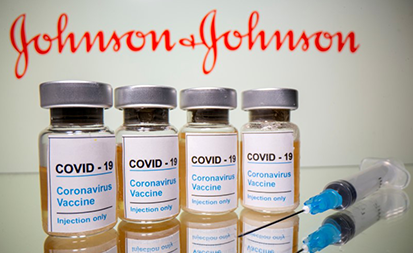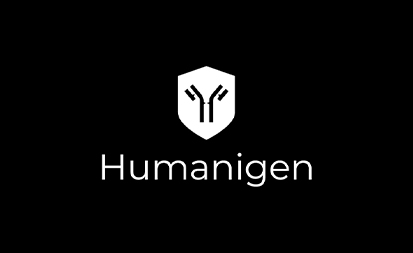Second J&J COVID shot gets expert backing
Outside advisers to the U.S. Food and Drug Administration on Friday unanimously recommended the agency authorize a second shot of Johnson & Johnson's (JNJ.N) COVID-19 vaccine for all recipients of the one-dose inoculation. The agency is also considering

Outside advisers to the U.S. Food and Drug Administration on Friday unanimously recommended the agency authorize a second shot of Johnson & Johnson’s (JNJ.N) COVID-19 vaccine for all recipients of the one-dose inoculation.
The agency is also considering lowering the recommended age for booster shots of the Pfizer (PFE.N)/BioNTech vaccine to people as young as 40, FDA official Dr. Peter Marks told the advisory panel.
The FDA’s Vaccines and Related Biological Products Advisory Committee backed the shots for all J&J recipients aged 18 and older at least two months after their first dose.
The FDA is not bound to follow the recommendation, but typically does.
After hearing presentations from J&J and FDA scientists, many members of the advisory panel asked if J&J’s single-dose vaccine should actually be considered a two-dose shot for everyone.
They pointed to the lower levels of virus neutralizing antibodies it provokes compared to vaccines using messenger RNA (mRNA) technology from Moderna Inc (MRNA.O) and Pfizer/BioNTech.
“There is a public health imperative. What we’re seeing is this is a group with overall lower efficacy than we have seen with the mRNA vaccine, and so there is some urgency to do something,” said Dr. Arnold Monto, an epidemiologist at the University of Michigan’s School of Public Health who chaired the meeting.
The FDA authorized boosters of the Pfizer/BioNTech vaccine last month for Americans aged 65 and older and those at high risk of severe illness or occupational exposure to the virus.
Marks, director of the FDA’s Center for Biologics Evaluation and Research, said data from Israel, where Pfizer booster shots have already been administered broadly, suggests that the vaccine’s efficacy is waning and makes a compelling case for lowering the age for receiving booster shots to 40.
Concerns about rare cases of heart inflammation in younger men who receive the Pfizer/BioNTech vaccine also made 40 a good cutoff point for the additional shots, Marks said.
CONCERNS OVER J&J DATA
Marks raised concerns that the data presented by J&J did not reflect all of the information on the vaccine’s performance.
“There are some real challenges here. All of the data do not fully align with this being a vaccine that retains excellent activity over time, against all forms of disease or even against severe forms of disease,” Marks said.
J&J scientists said their vaccine was more durable than the mRNA vaccines.
“If the vaccine isn’t adequate, it should be boosted and everybody should get it,” said Dr. Eric Rubin, an infectious disease expert at the Harvard Chan School of Public Health.
After the vote, Rubin said he expects that getting the second J&J dose later than two months after the first should be safe. While the data are scarce, he said, “there isn’t much to suspect that it’s wrong,” adding, “I certainly am supportive of those individuals getting another dose.”
Once the FDA signs off on the second dose, the U.S. Centers for Disease Control and Prevention will make specific recommendations on who should get the shots. CDC advisers are scheduled to meet to discuss the boosters next week.
On Thursday, the panel unanimously backed booster shots of Moderna’s COVID-19 vaccine for Americans aged 65 and older and those at high risk of severe illness or occupational exposure to the virus.
U.S. health officials have been under pressure to authorize the additional shots after the White House announced plans in August for a widespread booster campaign pending approvals from the FDA and the CDC.



